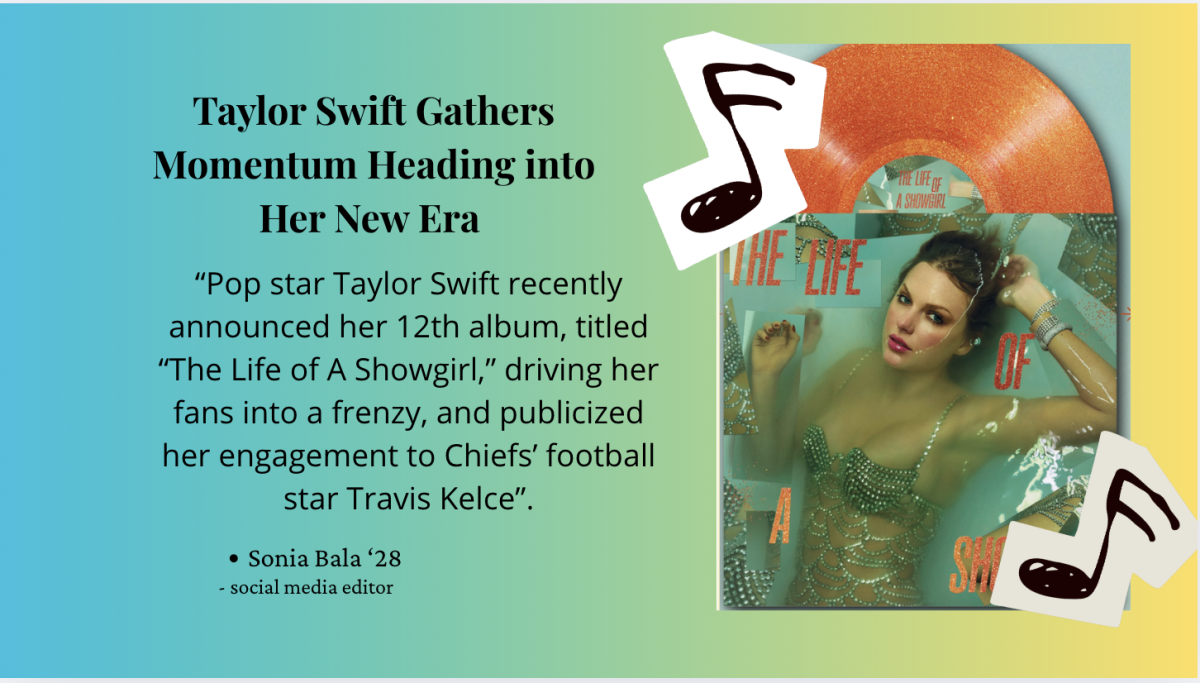A Glimpse into the Health Crises in Sports
An ongoing debate centering around student athletes generally seeks to argue whether or not sports present more harm or benefits to mental health. Certainly, sports can offer an emotional and physical outlet. Studies have shown that exercise is helpful to cope with anxiety, depression, and other mental health disorders. Ultimately, however, it is impossible to neglect the difference between leisure exercise and intense training schedules of student athletes.
Especially in the high school and collegiate level, demands for athletes have increased almost exponentially. If athletes and coaches do not approach these demands with careful attention and training, this can lead to multiple consequences. Burnout or overuse injuries are common in the sports realm, especially as high school students are pushed towards a single sport, practicing all year round at intense demands. Combined with an intense academic workload, professionals have noted an increased threat to mental health.
Mental health issues in student athletes present themselves in a broad spectrum. Firstly, the massive commitment to sports generally means that student athletes must make sacrifices socially. Added to the pressure of academics and training, putting relationships second can impact the athlete’s mental health.
Interestingly enough, many mental health issues in sports are generally uncovered once an injury has occurred. Working to succeed in both sports and the classroom obviously has its own demands; with an injury added to the mix, stress exacerbates this issue. Many studies indicate that injuries commonly trigger the appearance of depression or anxiety not previously seen. Because athletes put so many dedicated hours and energy towards perfection, not being able to perform can significantly impair the athlete. For many, an inability to perform- for most, what is their passion and work- unravels their identity and confidence. Emotionally coping with an injury can present itself in typical reactions like anger, sadness, irritation, or even changes in appetite. However, problematic responses manifest in everything from eating disorders to anxiety, and even suicide in extreme cases. The latter is more common, though, in professional athletes who experience a career ending injury. Many reasons constitute “problematic” reactions. Some athletes, taken off vigorous exercise, may severely restrict their calorie intake believing they are not fit for the same lifestyle. For some, exercise was a coping mechanism in the first place, and once injury removes athletes from their sport, there can be struggles with self-worth. Generally, athletes see themselves as one with their sport; thus, when an injury threatens their own self image, identity crises are likely to ensue.
The broad study of mental health in student athletes culminates with a well known fact: there are little resources for athletes with anxiety, depression, or other disorders. With a certain work ethic drilled into athletes, most power through mental obstacles just as they would physical obstacles. Even if services were in place to provide help, there is a certain stigma around these disorders. A pressured field seeks to eliminate all sources of weakness. For many, this includes mental weakness. The barrier to achieving mental health resources in the athletic realm can be taken down with multiple measures. For one, education on one’s mental state can provide foremost help in raising awareness. If coaches add in positive reinforcement, confidentiality, and fostering positive, healthy relationships with their athletes, the sports world will find itself in a new era: one where mental performance is given the same attention as physical performance.

Caroline is a Senior at Archmere Academy. Outside of school, she spends her free time at crew practice, with her friends, or dreaming about *future* travels....



















